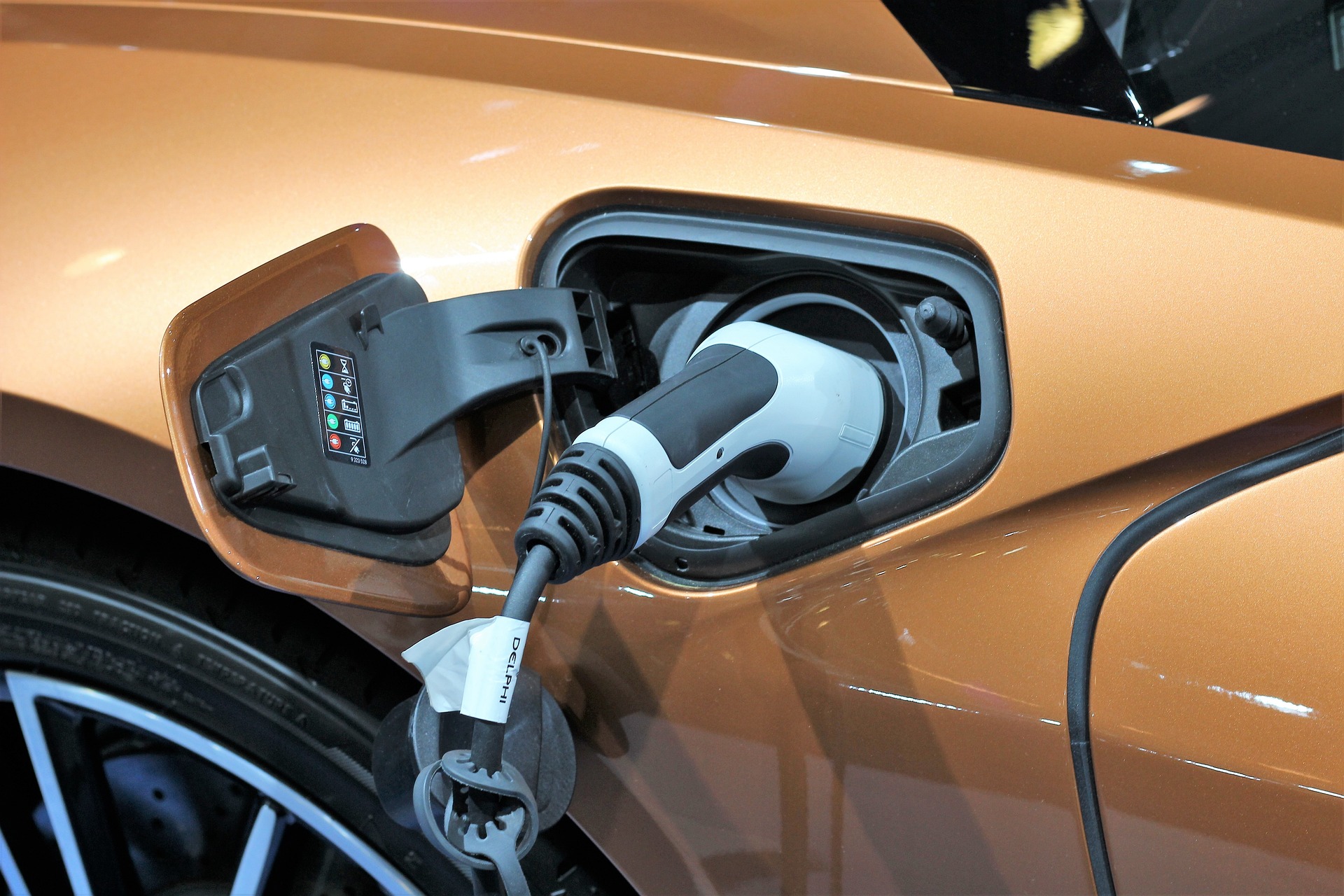While EVs have traditionally been more expensive to purchase, the attractive tradeoff was the lower long-term ownership costs. However, as time goes by, the prices of EVs are becoming more on par with their gas-powered counterparts, meaning that 2023 may be the year for many motorists to make the switch. Experts predict that more affordable models will become available as production costs decrease, making EV ownership more reasonable for those on a budget. According to Edmunds, at least 10 of 2023’s new electric automobiles start under $49,000 – which is the median price for a new vehicle in the U.S. market overall. For instance, there are now three luxury model EVs that can be purchased for under $50,000 and three EV options that can be bought for under $30,000.
The Inflation Reduction Act of 2022 changed how tax credits will be applied to 2023 EV purchases. The legislation outlines new income and purchase price limits for the conventional $7,500 federal tax credit. But the more significant aspect of the law is that it provides a second chance to manufacturers such as General Motors and Tesla, which both became ineligible for the previous credit after reaching a set sales cap. The new legislation, however, stipulates that the EV you purchase is made (or at least assembled) in North America to be eligible for the tax credit. So while Tesla may once again represent a tax credit opportunity, other previously eligible models may no longer qualify. One of the notable excursions is the popular Toyota RAV4 Prime.
2023 Used EV Market
It should be no surprise that renewed eligibility for some of the most popular EVs (such as Tesla models) will reignite the demand for new vehicles. But the legislation’s most significant legacy might be found in a lesser credit with enormous potential – the opportunity for used EV buyers to take advantage of a $4,000 credit. This addition to the tax credit law is the first of its kind for preowned EVs, and experts believe that between the two provisions, the entire market will benefit. New purchasers have affordable options, and current EV owners will be motivated to trade up and trade in – creating a robust used EV market with available tax credits.
With Tesla purchases once again eligible for the tax credit, consumers should experience some downward price pressure. A much more extensive used inventory of EVs from 2022 and the new credit will allow a whole new population of car buyers to purchase an electric vehicle when they couldn’t do so in the past. However, many states still have a slight downside to buying an EV. As gas taxes often pay for the bulk of improvements to roads and bridges, EV owners were seen as not paying their fair share – inspiring many legislatures to charge EV owners via the registration process. According to the National Conference of State Legislatures, 31 states currently charge additional fees on EV registrations to replace the gas tax their drivers don’t pay. Still, most state surcharges ($100-$200) don’t discourage EV owners from buying the car they want.
Electric Vehicle Home Charging Stations
With more consumers joining the EV community daily, many are finding that the proliferation of charging stations is not keeping pace. Public charging stations are appearing in parking lots across the state but are subject to availability for motorists who need a charge.
One of the best solutions for EV owners is to install a home charging station. While many EVs can charge using standard outlets, the process usually takes some time and is inefficient. A home charging station guarantees that your car is fully-charged and ready to go when you are.
Promise Electric are trained and Tesla-certified electricians available to install your Sarasota area home or office charging station. Call today to learn more!



